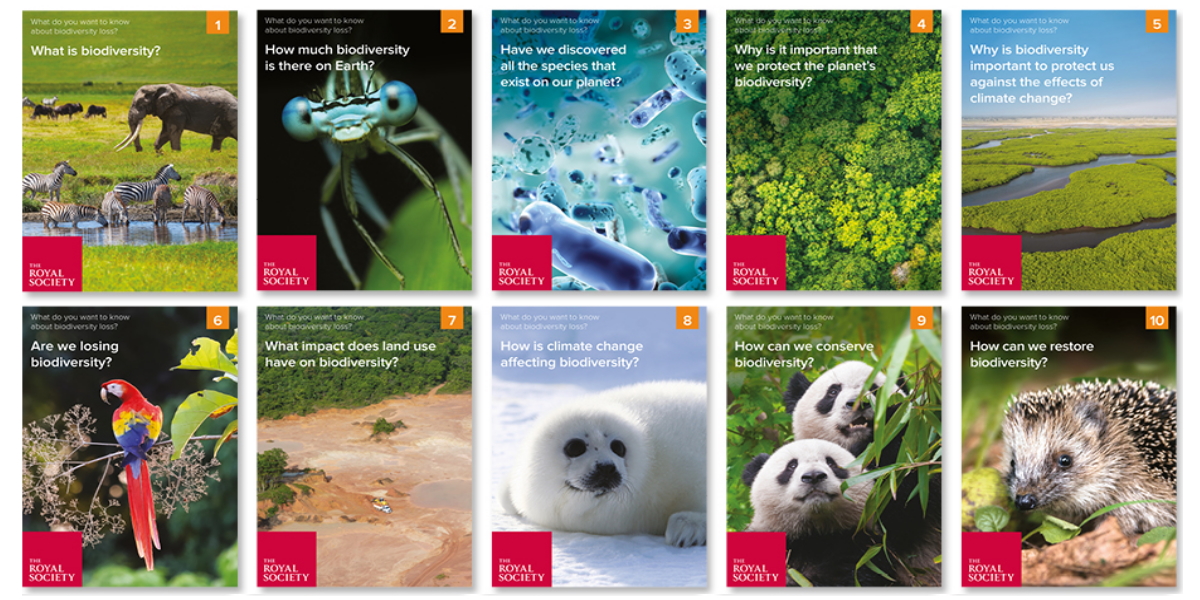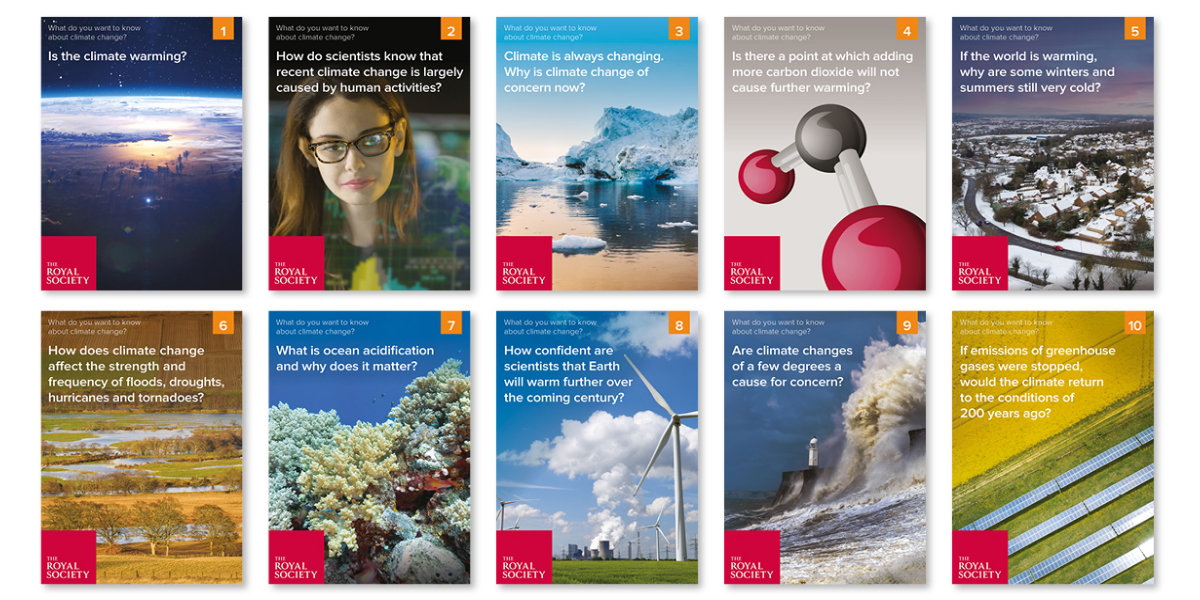Filters
Clear allSubject
- Careers (592) Apply Careers filter
- Climate Change (16) Apply Climate Change filter
- Computing (235) Apply Computing filter
- Creative arts and media (3) Apply Creative arts and media filter
- Cross curricular (110) Apply Cross curricular filter
- Design and technology (437) Apply Design and technology filter
- Engineering (394) Apply Engineering filter
- Food Preparation and Nutrition (18) Apply Food Preparation and Nutrition filter
- Health and safety (2) Apply Health and safety filter
- Leadership (24) Apply Leadership filter
- Mathematics (729) Apply Mathematics filter
- Personal development (24) Apply Personal development filter
- Psychology (26) Apply Psychology filter
- Science (2010) Apply Science filter
- Space (13) Apply Space filter
- STEM Ambassadors (51) Apply STEM Ambassadors filter
- STEM Clubs (14) Apply STEM Clubs filter
Age range
Type
- Activity sheet (308) Apply Activity sheet filter
- Article (531) Apply Article filter
- Assessment (9) Apply Assessment filter
- Audio (53) Apply Audio filter
- Data set (12) Apply Data set filter
- Demonstration (12) Apply Demonstration filter
- Diagram (1) Apply Diagram filter
- Experiment (48) Apply Experiment filter
- Game (5) Apply Game filter
- Group work (35) Apply Group work filter
- Image (18) Apply Image filter
- Information sheet (250) Apply Information sheet filter
- Interactive resource (81) Apply Interactive resource filter
- Lecture (4) Apply Lecture filter
- Open-ended task (13) Apply Open-ended task filter
- Poster (32) Apply Poster filter
- Presentation (116) Apply Presentation filter
- Quiz (9) Apply Quiz filter
- Research (407) Apply Research filter
- Self assessment (4) Apply Self assessment filter
- Teacher guidance (591) Apply Teacher guidance filter
- Textbook (61) Apply Textbook filter
- Video (471) Apply Video filter
- Include Physical Resources (26155) Apply Include Physical Resources filter
Showing 2999 results
From the Science and Technology Facilities Council (STFC), this resource describes the new and exciting subject that brings together many different branches of science. Astrobiology is the study of how life formed and developed on the Earth, the conditions that made this possible and whether these conditions can...
This Catalyst article looks at Biochemistry, the study of chemical reactions in living things, exploring how it differs from other biological subjects and how examples can be found in everyday life.
This article is from Catalyst: Secondary Science Review 2011, Volume 22, Issue 2.
...
A Catalyst article about the many roles of chemists at work. The links with biology, physics and geology are examined as are many other subjects. The article looks at some of the areas in which chemists work and it explores what makes it distinctive from other sciences.
This article is from Catalyst:...
Geothermal energy is the heat produced by decay of radioactive isotopes deep within the Earth. The temperature at the centre of the Earth is thought to be around 5,000°C, with the temperature reducing toward the surface. It is estimated that 99.9% of the planet is above 100°C. Geothermal energy is considered a...
With so many research groups across the world, it can be difficult for scientists to keep on top of the latest developments and findings. As well as publishing in journals (such as Nature or Science), researchers communicate their results at scientific conferences. These range in size from small, specialist...
This is one of the 14 Background Books published for Stage III of the Nuffield Chemistry Sample Scheme. The books were highly illustrated and designed to be attractive. This book is mainly an account of theories of acidity with examples to explain the importance of acids.
There are two parts to this book:...
This STEM Learning...
In this task students are required to estimate dimensions and use given densities to calculate an estimate for the mass of a number of objects. Calculators and/or spreadsheets are recommended when substituting into the formulae for the volume and mass of the solids.
The teachers' notes give a suggested...
This resource, from the Royal Observatory Greenwich, looks at what information we can gather by viewing (but not visiting) different parts of the universe.
The...

These evidence-based, question and answer style classroom resources can be used to engage students of all ages...
These classroom resources from the Royal Society, based on the latest evidence available to scientists, can be used to engage students in the climate debate and to explore and understand topics relating to climate change. Further resources and extension tasks linked to these activities from the Royal Society are...

These evidence-based, question and answer style classroom resources can be used to engage students in the climate...
Students investigate why some plastic cups collapse when filled with hot water and some don't. They compare the effect of hot water on a range of cups and relate their findings to the properties of the plasticsused for each cup: whether it is biodegradable or not, its melting...
